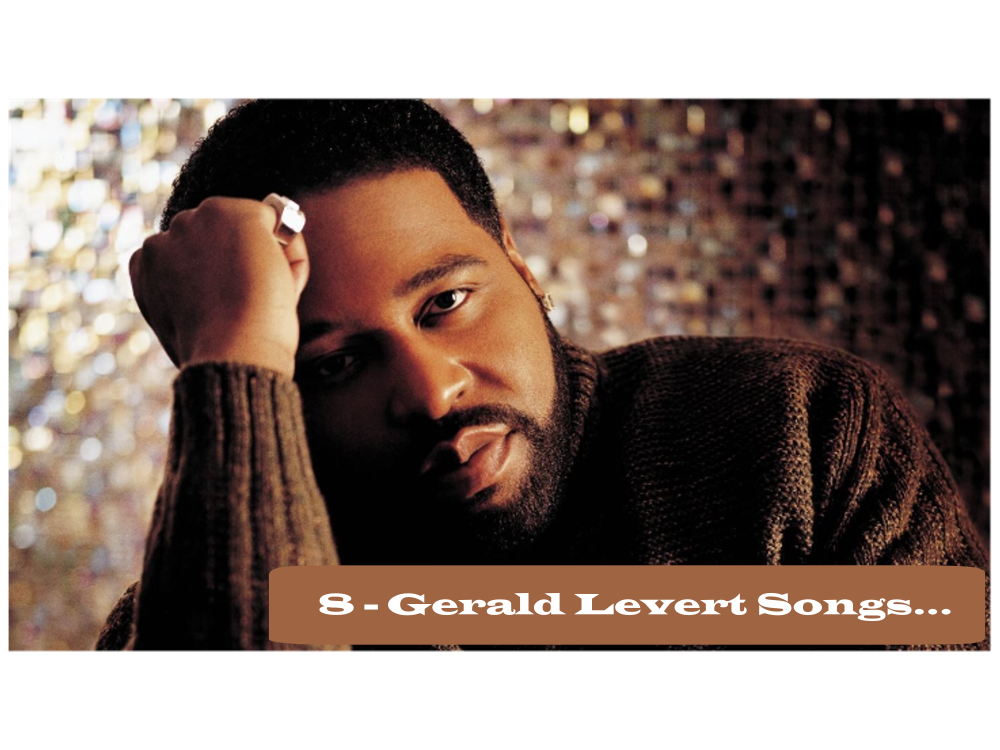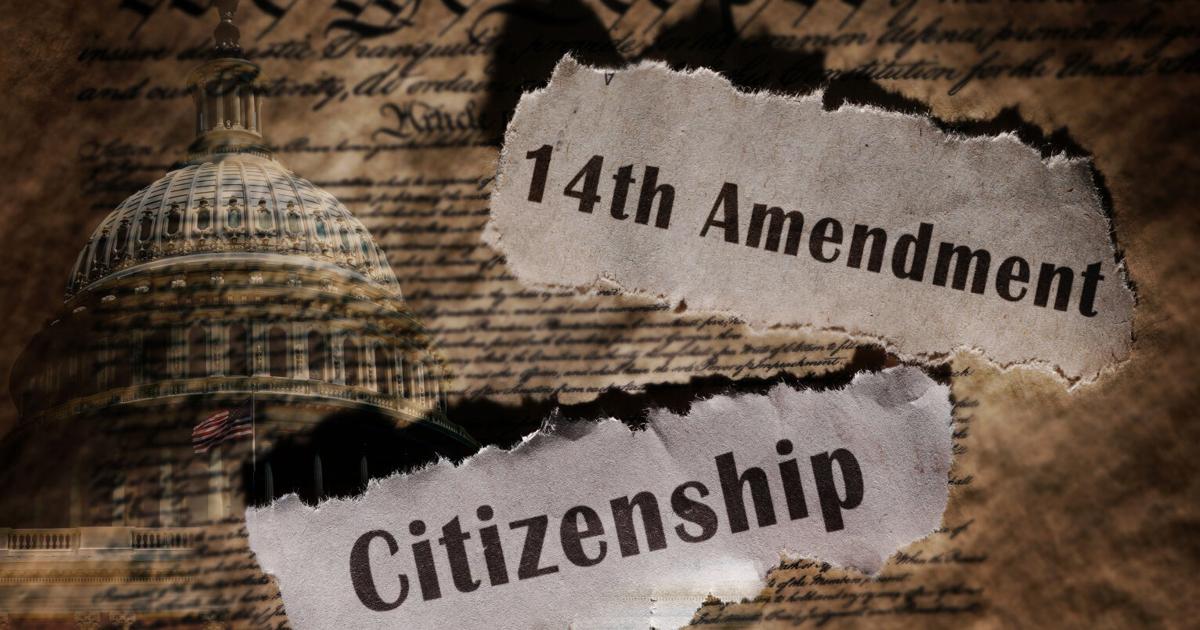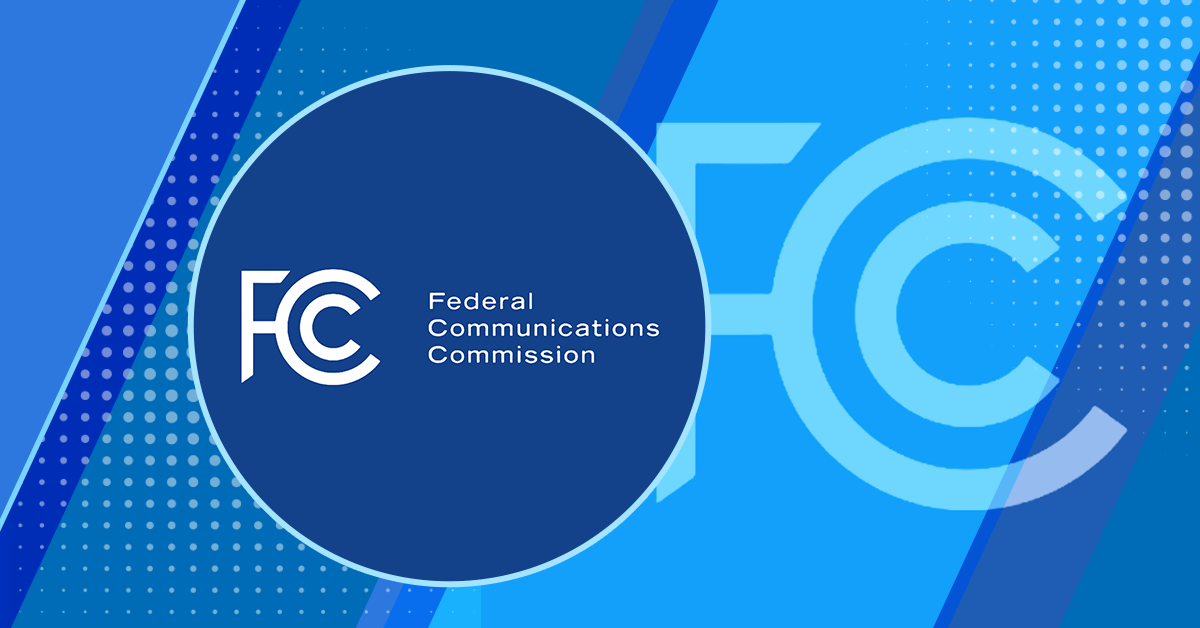(ThyBlackMan.com) Owning a home is part of the American dream. And, I personally, am dedicated to helping increase the rates of black ownership. But, how do you know when you’re financially ready to take the step to buy a house? There are many aspects of your financial health to consider before making the move. Here are seven factors to consider to decide whether you’re ready to buy a house:
- You are steadily employed
First things first, having steady employment is critical to being able to afford and maintain a home. Having an income you can rely on will be important to not only keep up with the expenses of homeownership but keep your credit in good standing.
Of course, nothing is guaranteed, but it is a good idea to wait until you feel secure in your career, or at the very least your current place of employment before making the leap.
- You have saved enough for a down payment
Saving for a down payment is half the battle when it comes to being able to afford a home. However, many people are often misinformed when it comes to the down payment. 
In an ideal world, if you could put 100 percent down, or pay cash for your home, that would be great. It’d save you from a lot of interest after all. However, that’s usually not realistic for the average joe. Typically, people aim to put 10 to 20 percent down on a home. But, if that feels completely unrealistic to you, there are other options. In fact, with an FHA loan, you can have a down payment as low as 3.5 percent.
In any case, you’ll have to save a substantial amount for a down payment so make sure that you’re ready to put down a lump sum before you start looking. Knowing your price range will help you determine approximately how much you’ll need to save to meet the down payment requirements. When you’re getting ready to start looking for a home, work with a trusted realtor in your area to get the best guidance for where, what, and when to buy.
- You have good credit
Typically, you’ll want to have a credit score of 650 or above to qualify for the best mortgage terms. However, even if your credit isn’t in great shape, you might still be able to afford a home. With housing prices on the rise in many states, as well as the average person’s debt, it can seem nearly impossible to buy a home in the near future based on current loan qualifications. However, there are plenty of options for securing a loan that’s not based on your credit.
For example, in many states, buyers are turning to alternative loans such as hard money loans in Texas or asset-based loans in California. There are even loans for buyers who have experienced recent credit events like foreclosure and bankruptcy. The point is, you have options. The important thing to remember is that whatever your credit situation, it isn’t going to be the thing that stands in your way from buying a home. But, having the best possible credit score will absolutely help. And, it will likely save you substantially in the long run.
- You can afford the mortgage
A lot of people think that buying a home is freeing since they’re no longer paying rent, and it is because at least you’re paying toward something that is yours. But, you’ll still have to pay a mortgage which is usually the same amount of money or more.
So, if you were struggling to make ends meet paying your rent each month, it’s likely that will still be the case. Before jumping the gun, make a budget and ensure that a mortgage fits into your available income.
- You have an emergency fund
Having a savings is one thing, but is it enough to accommodate the emergency costs you may need to cover as a homeowner. From plumbing to roofing, there are a lot of large costs required to maintain a home. And, unfortunately, most experienced handymen don’t take IOU’s.
If you’ll have a substantial amount left in your savings after paying your deposit, you’re likely in a good position. However, if your reserves will be depleted, it’s probably a good idea to wait until you have enough cushion where a big repair wouldn’t be a source of serious financial stress.
Working with a financial advisor can be helpful in building up a passive income by investing to bolster your savings account.
If you’ve gotten to this list and feel like you’re ready to move forward with buying your first home, congratulations! But if you still have things to do to get your financial health in order, that’s okay too. Focus on establishing a plan for how you can check off this list, starting with becoming debt-free, and make moves to make this goal a reality. It will take some discipline but owning a home is within your reach if you’re willing to make it your priority.
Staff Writer; Craig Washington

















Leave a Reply